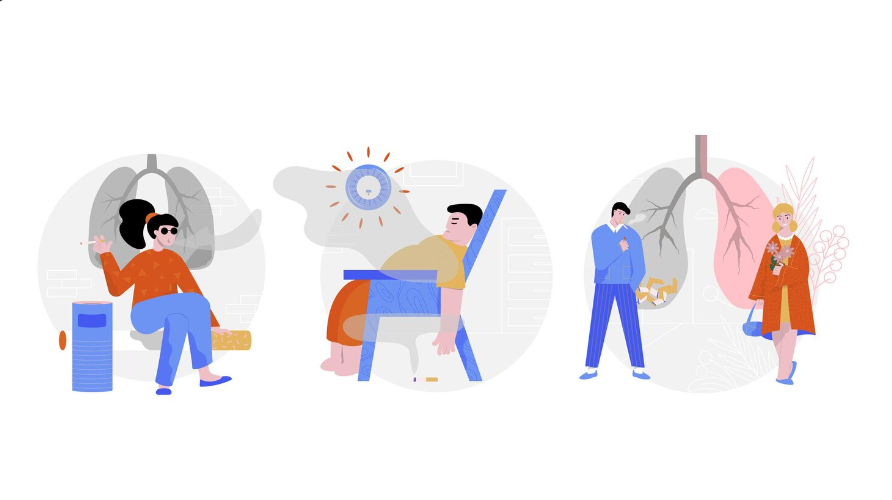
The Importance of Exercise in COPD Management
Introduction: If you’re living with COPD (Chronic Obstructive Pulmonary Disease), you might think that exercise is out of the question. However, staying active is actually one of the best things you can do to manage your condition and improve your quality of life. Let’s explore why exercise is so important for COPD management.
Strengthening Your Lungs
Regular exercise can help strengthen the muscles involved in breathing, making it easier for you to breathe and improving your lung function over time. As you become more active, your lungs become more efficient at taking in oxygen and expelling carbon dioxide, reducing breathlessness and fatigue.
Improving Your Endurance
COPD can make you feel tired and weak, but exercise can help build your endurance and stamina. By gradually increasing your physical activity level, you can improve your ability to perform daily tasks and reduce the feelings of exhaustion that often accompany COPD.
Enhancing Your Quality of Life
Staying active can have a positive impact on your overall well-being. Exercise releases endorphins, the body’s natural feel-good chemicals, which can help elevate your mood and reduce feelings of anxiety and depression. It can also increase your energy levels, improve your sleep quality, and boost your confidence and self-esteem.
Types of Exercise for COPD
- Aerobic Exercise: Activities like walking, cycling, swimming, or dancing can improve your cardiovascular fitness and endurance. Start slowly and gradually increase the duration and intensity of your workouts.
- Strength Training: Strength exercises using resistance bands, light weights, or your body weight can help strengthen your muscles and improve your ability to perform daily activities.
- Flexibility and Balance Exercises: Stretching exercises and yoga can help improve your flexibility, posture, and balance, reducing your risk of falls and injuries.
Safety Tips for Exercising with COPD
- Always consult your healthcare provider before starting any exercise program, especially if you have COPD.
- Start slowly and listen to your body. If you feel short of breath or dizzy, take a break and rest.
- Stay hydrated and breathe through pursed lips to help control your breathing.
- Use supplemental oxygen if prescribed by your doctor, especially during physical activity.
- Avoid exercising outdoors on days with poor air quality or extreme temperatures.
online pharmacy buy singulair with best prices today in the USA
Wrapping Up
Exercise is a vital component of COPD management, offering numerous benefits for your physical and mental health. By incorporating regular physical activity into your routine, you can strengthen your lungs, improve your endurance, and enhance your overall quality of life.
Remember, it’s never too late to start exercising, and even small amounts of activity can make a big difference in managing your COPD symptoms.
To seek medical advice, always consult a Doctor. Here are our recommended experts. Click here
To read more on Respiratory disease . Click Here



